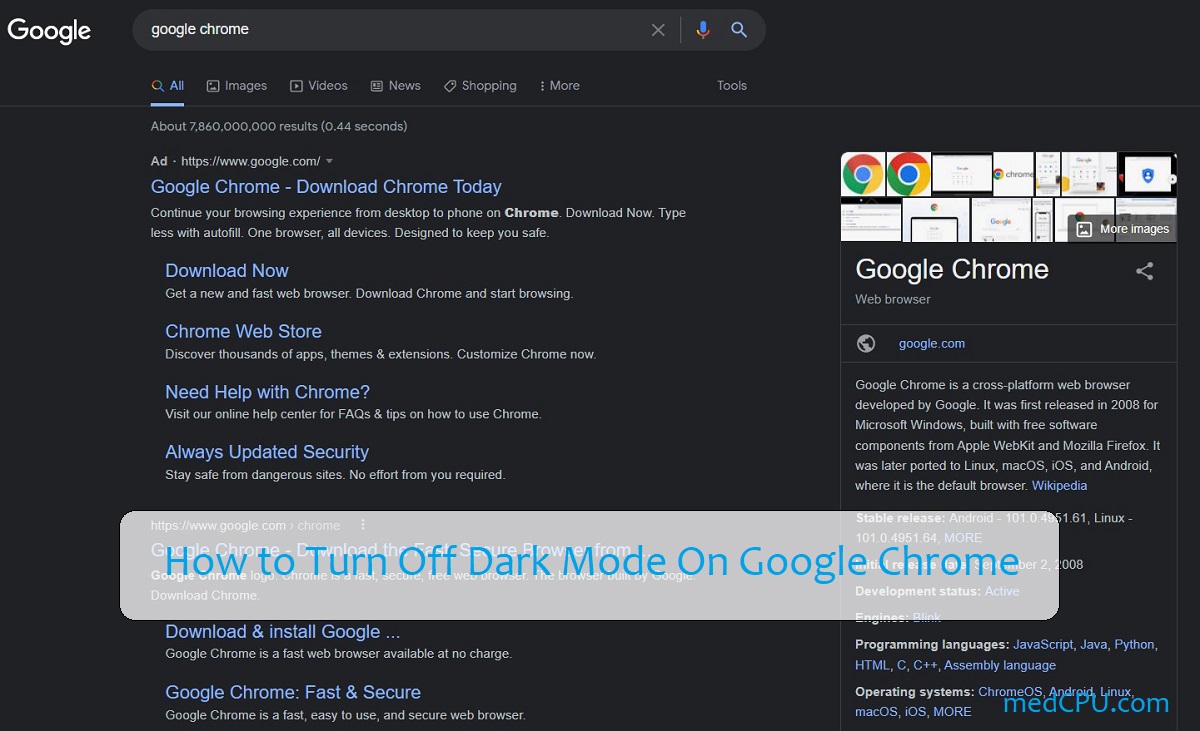Proxies continue to provide secure & anonymous browsing for ordinary people and companies alike. However, shifting trends and technological advances mean they need to adapt.
Mobile proxy has only been around for a few years. Yet, they’re already gaining ground as the cybersecurity tool of choice for users interested in the most advanced privacy protection. Find out all about them in our informative article.
Mobile Proxies Explained
You’ll first want to understand the basics of conventional proxies before we tackle what sets the mobile ones apart. Before anything else, a word in IP or Internet Protocol addresses. Internet service providers issue unique IP addresses to each device connected to their network. That also includes smartphones & tablets if you go online via your home router’s Wi-Fi.
Visiting a site without a proxy can be risky since your ISP and anyone who might keep tabs on the site or your traffic can identify you using your IP address.
Classic or residential proxies are servers you connect to if you want to maintain anonymity while browsing. Proxy servers forward your requests while using their own IP addresses. This makes it look like the request comes from the place where the server is located. The browsing experience is roughly the same or even smoother. However, no one can connect your original address to what you’re doing online.
Mobile proxies work on a similar principle. Rather than assign a unique residential IP address, they route your requests through mobile devices connected to mobile networks. You don’t have to access it with a smartphone or tablet, but the proxy makes it look like that’s what you’re using.

OK, but What’s the Difference?
The way mobile networks assign IP addresses makes all the difference. ISPs issue static IP addresses; mobile network providers rotate them. Furthermore, there are always more users on a given network than its provider has access to. Websites are much more hesitant to block mobile IPs. Doing so could prevent thousands of users from accessing them based on just one suspicious session.
Even if you experience blocks, they’re easier to bypass through mobile proxies. Connecting through one rotates your assigned IP address. If a website blocks it, refreshing the site fixes the problem since a different address is used for each session.
What Advantages Does This Bring?
Individuals reap similar benefits to using residential proxies. You can browse anonymously and not worry about targeted ads or hackers who target your connection. Mobile proxies let you access content with geo-restrictions. Actually, it’s similar to a VPN, but it doesn’t encrypt your traffic, so it isn’t always as secure. But it’s still convenient if you’re vacationing and don’t want your current location to limit binge-watching. Proxies cache sites you visit often, so they may load even faster.
Mobile proxies have even more use cases for businesses. Mobile traffic now accounts for almost 60% of the global total. Moreover, people in developing markets rarely have or use the internet through desktops. Companies will want to ensure their sites are optimized for mobile and the global market.
Ad fraud is a malicious practice that can seriously cut into companies’ advertising budgets. Dishonest sites might hide ads, and fraudsters can redirect their destination. Companies need ways to check if their ads are being deployed and performing as expected in any part of the world they operate in. That makes ad verification one of the most important uses for mobile proxies.
Social media marketing firms are another good example. Better ones will often manage international clients & need to make it look like they’re signing in from the client’s location. Social networks would find switching back & forth between different locations suspicious. Since each login comes with an IP change, the account manager only needs to remember to switch their mobile proxy location.
Conclusion
Mobile proxies are the pinnacle of browsing security. Now that you know what they’re capable of, we hope you’ll consider using mobile proxies to better your browsing experience or your business’s growth strategy.

Eyal Ephrat serves as the co-founder and CEO of medCPU.com, where technology is making significant strides in the field of medicine. Through his experience in purchasing PC and laptop equipment and various other tech products, Eyal Ephrat contributes valuable insights to medCPU’s mission.





